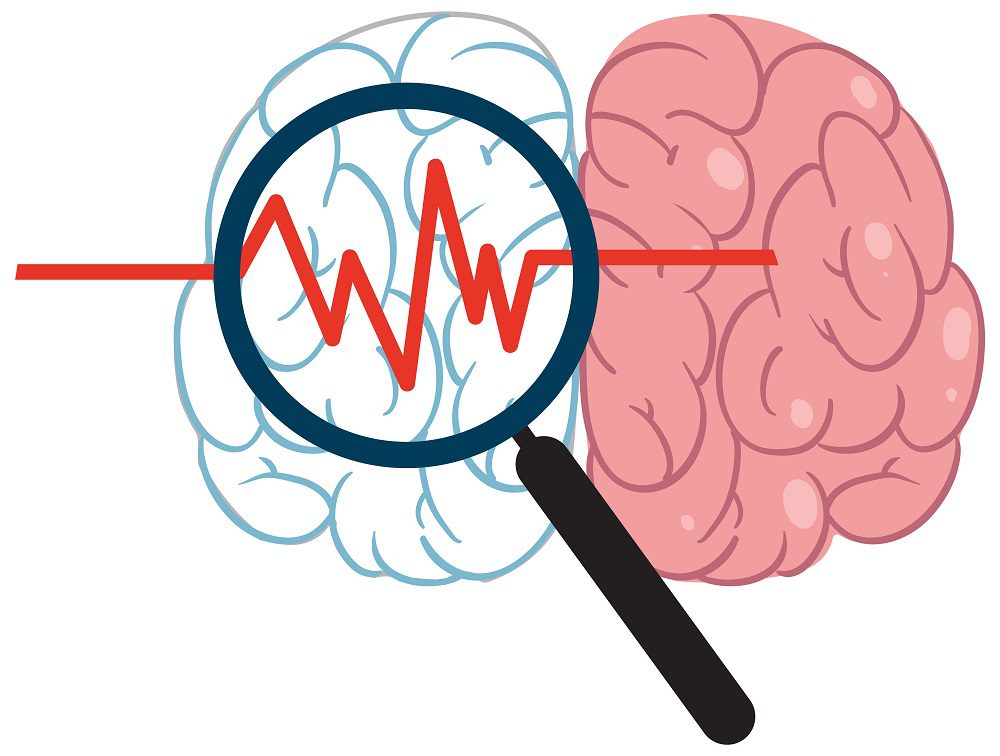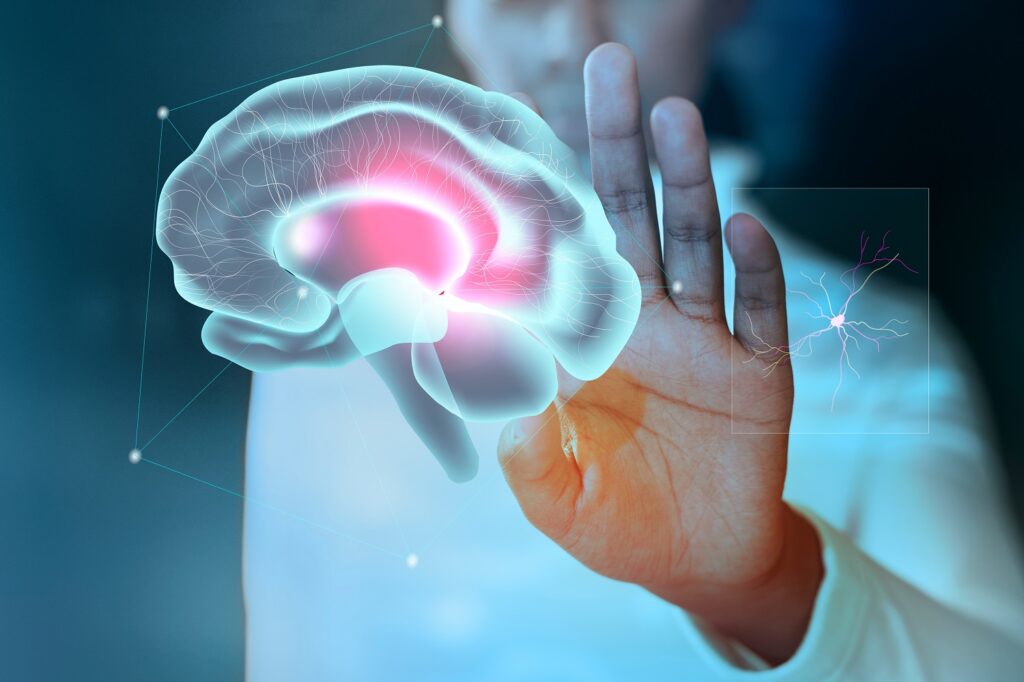A research on the analysis of sleep on heart rate following a recorded seizure found that deep sleep independently contributed to postictal bradycardia. This autonomic dysregulation, when severe enough, may contribute to postictal cardiac deterioration leading to death. Heart rate trends for multiple seizures were analysed in 42 patients with 101 electroencephalographically confirmed events. The sleep state, scored for the 5 min preceding each seizure, had a correlation with the postictal nadir heart rate of the patients. This correlation was strengthened when adjusted for covariates of age, generalized tonic-clonic seizures and baseline heart rate. With deeper sleep, lower postictal heart rates were achieved which could be a surrogate marker for those at increased risk of more severe cardiac deterioration after seizures. Thus, seizures during sleep, irrespective of its type, increase the risk of leading to postictal bradycardia which could be secondary to non-rapid eye movement sleep’s synergistic effect on parasympathetic tone.
















